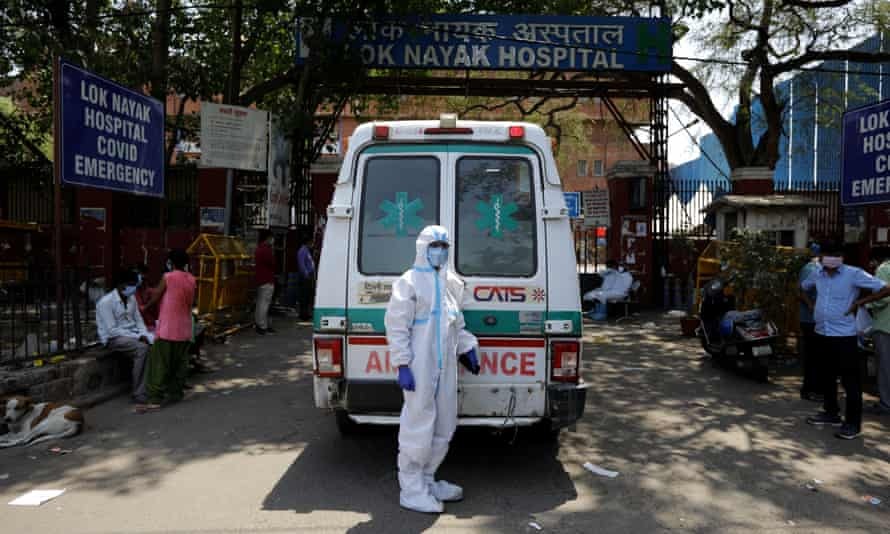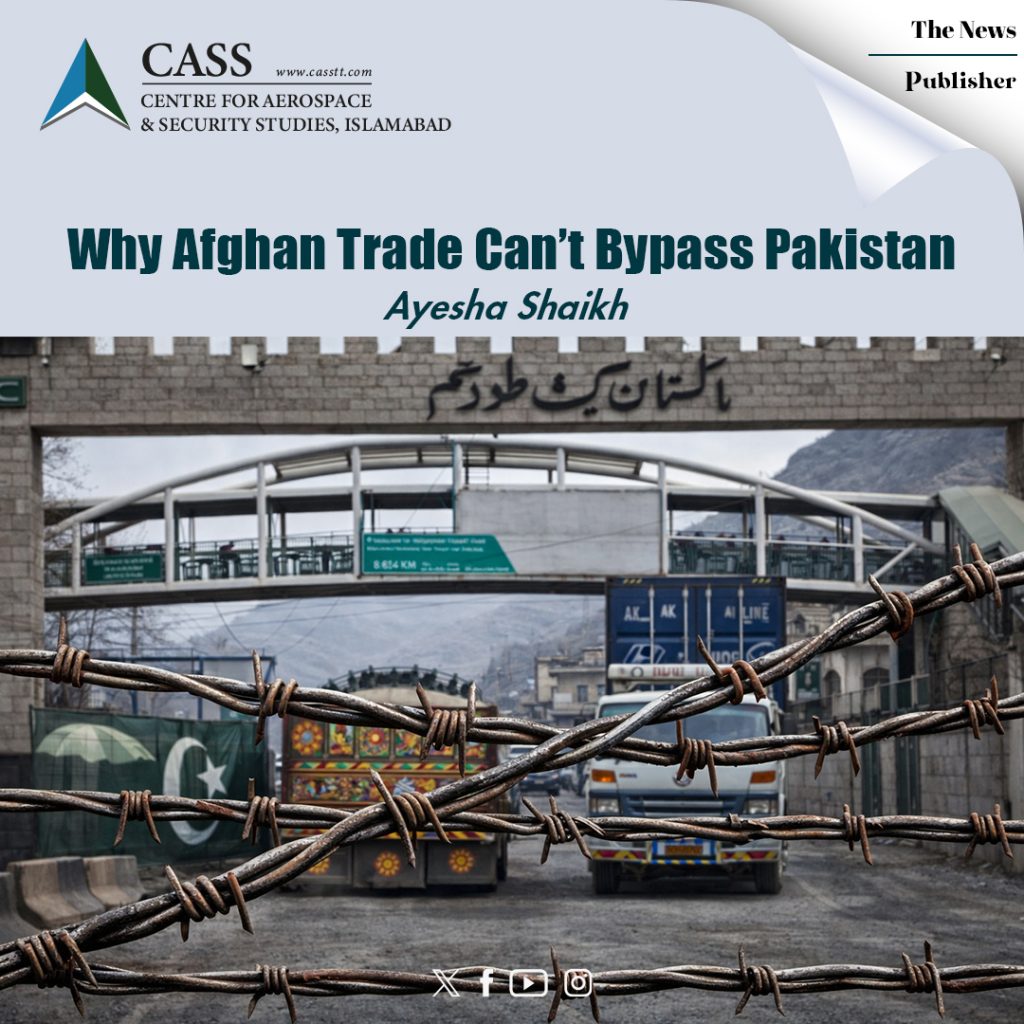In the past two weeks, we have witnessed heartbreaking images which depict the horrible state of COVID-19 in neighboring India. The ongoing pandemic has taken an extremely dangerous form there and it is a constant reminder for other countries that the threat from the coronavirus has not waned.
In the month of January and February, India registered a decline in COVID-19 cases due to the imposition of lockdown in areas where the positivity rate was high. However, two recent events, i.e., the Kumbh Mela and political rallies in April played a major role in creating a mega health crisis in the country.
In the first week of April, the Uttarakhand government allowed the public to celebrate the Kumbh Mela disregarding the already worsening COVID scenario in the country. During the mela, millions of devotees gathered around the Ganges river to perform their religious duties. They also attended the after-events where no social distancing was observed. People were seen standing shoulder to shoulder with each other, with most of them not even wearing masks. These devotees then returned to their homes in various parts of India and became a major source of the spread of the virus.
Likewise, in the first two weeks of April, several political rallies were organized around India ahead of the elections in West Bengal where people gathered in large numbers. Once again, COVID SOPs were blatantly violated in these rallies. Ironically, Prime Minister Modi himself and key government leaders were also present during these gatherings which gave the impression that the threat from the pandemic was over now.
Shortly after, the positivity rate spiked to unexpectedly dangerous levels, and has since then remained out of control. On 31 April, more than 400,000 Indians tested positive for the virus, the highest figure for the country since the onset of the pandemic. Likewise, the mortality rate also climbed as approximately 3000 deaths were reported every day.
With the overwhelming increase in the number of positive COVID cases, the fragile Indian healthcare system has crumbled. Hospitals have been unable to cater for the needs of the large number of COVID+ patients since the numbers now far exceed their capacities. Providing oxygen to the large number of critical patients has also became a challenge for various hospitals. The shortage of beds has been forcing the people to wait outside hospitals worsening their condition. Similarly, the lack of oxygen-equipped ambulances has made it difficult for patients to reach hospitals well in time. The biggest tragedy is that families of the victims have to wait in long queues (in some places for hours on end) for the burial/cremation of their loved ones with one death about every four minutes.
The increasing number of cases has also raised problems with regard to testing facilities which implies that the actual number of COVID cases may be much higher than the reported statistics. Consequently, all these problems compounded the crisis leading to thousands of deaths across the country.
If we look at Pakistan, the third wave is appearing more dangerous than the previous two. The emergence of the UK variant has complicated the COVID situation since the latter is more contagious and has a higher death rate. the COVID statistics of the previous year are compared with current ones, it shows an alarming situation. Last year by this time, the daily positive cases remained below 1000 in April. However, now the positive cases have gone up as high as 6127. According to these figures, if Pakistan does not get hold of its positive cases by next week, it will have to face a major health crisis.
Hence, it is imperative for Pakistan to learn from the mistakes of its neighbor. Everyone should be cognizant of the fact that the COVID rate will spike whenever and wherever masses gather, be it a political event, religious celebration or any such gathering. However, in such a situation, it is not only the responsibility of the state but as a society it is our individual social and moral duty to refrain from activities which may aggravate the ongoing crisis as we prepare for Eid-ul Fitr in the coming week.
In states such as New Zealand, citizens have played an equal part in the fight against the pandemic. Hence, unnecessary gatherings of all sort must be avoided as they are the prime source of the spread of the virus. Public transporters and citizens should follow the guidelines set by the government of Pakistan for Eid holidays. In addition, adherence to general COVID SOPs, which are well familiar to everyone by now, is required to curtail a massive health crisis in our country.
The virus is here to stay for an uncertain time. Various problems related to the coronavirus will keep emerging in one form or the other until a large segment of society is vaccinated and even after that is done, everyone should still exercise caution.
Shaza Arif is a Researcher at the Centre for Aerospace & Security Studies (CASS). She can be reached at [email protected]





